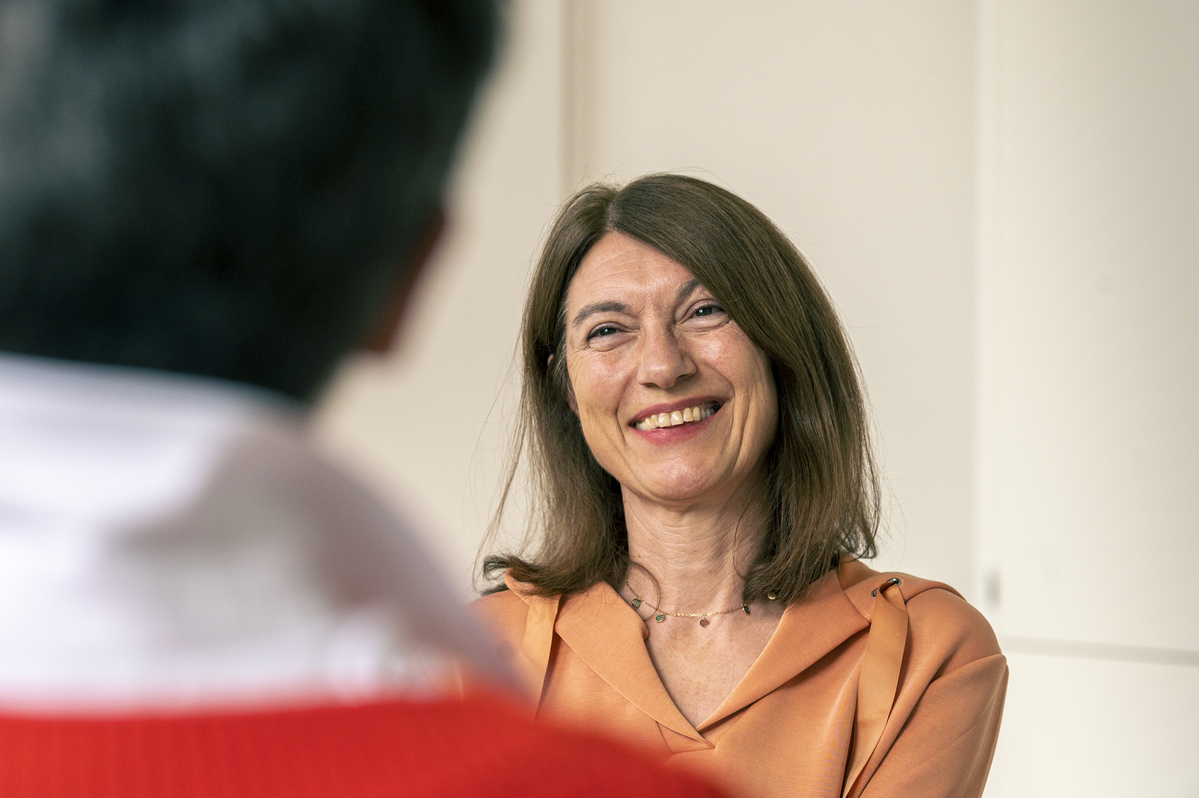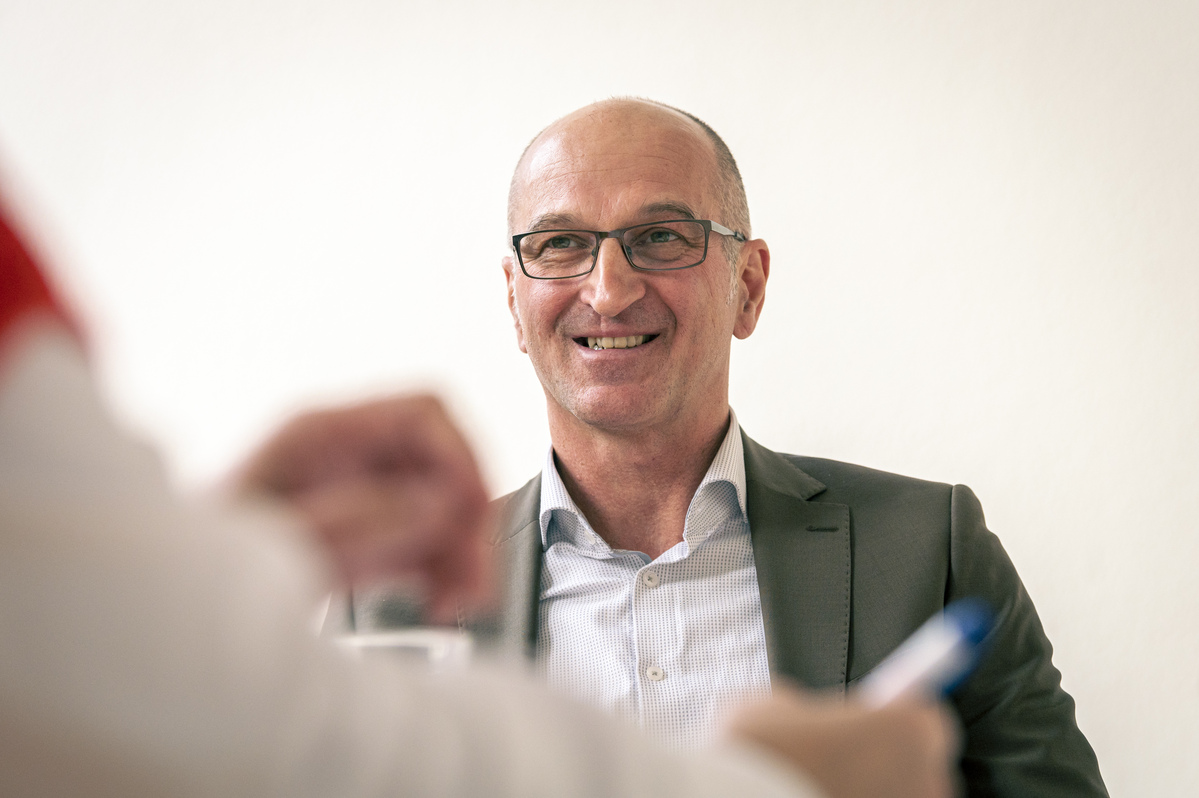Hydrogen – technology of the future
“For an ambitious energy transition with a 95 percent reduction of CO2 emissions by 2045, the goal that Germany has set for itself, we need green hydrogen,” says ITAS researcher Dirk Scheer who works on socio-scientific issues related to the energy transition. “However, hydrogen will always remain an expensive commodity,” Scheer admits. “Therefore, it should very specifically only be used if there is technically no other option.”
Since Germany cannot produce the required quantities of green hydrogen itself, imports are extremely important. “Risk diversification is the order of the day,” underlines Christine Rösch, head of the ITAS research group Sustainable Bioeconomy. “We cannot put all our eggs in one basket, as we did with natural gas.”
Conflict of use in the supply of drinking water
However, the production of green hydrogen also leads to conflicts in the allocation of resources. “An ideal production site has the highest possible energy input from wind and solar as well as proximity to the coast for shipping the hydrogen. In addition, it needs the supply of high-quality water to operate the electrolyzers,” Christine Rösch explains. “Therefore, I see the most significant conflict of use in the supply of drinking water.”
The plants also take up a lot of land. Competition with agriculture and nature conservation aspects must be considered. To ensure that green hydrogen is really green, certificates of origin, transparent supply chains, and sustainability certificates are important. “Here we have the dilemma between environmental standards and affordable energy for Germany’s energy hunger. We have to find a good balance,” says Dirk Scheer. (15.03.2023)
Further links:
- The complete interview Of Dependencies, Environmental Standards, and Affordable Energy in lookKIT.




